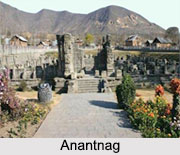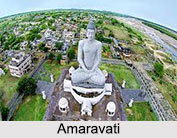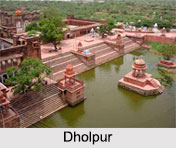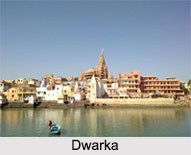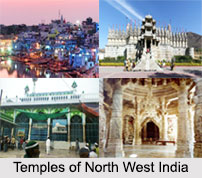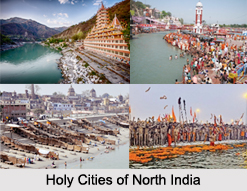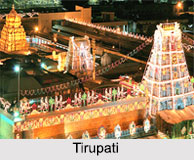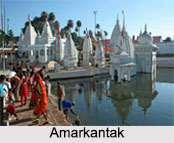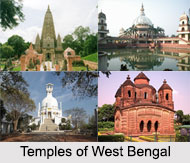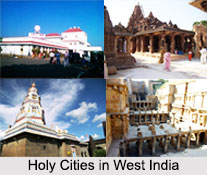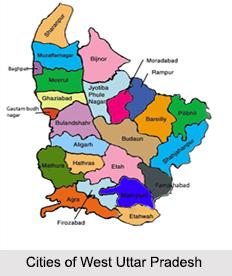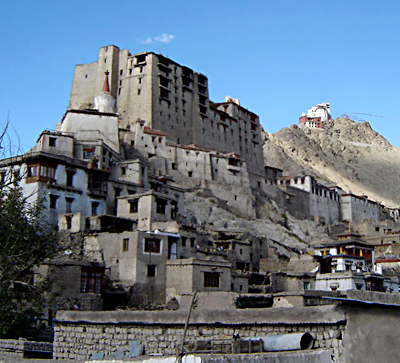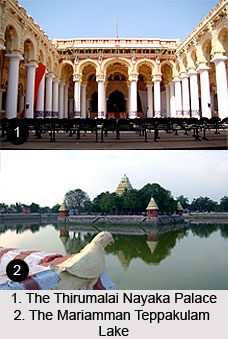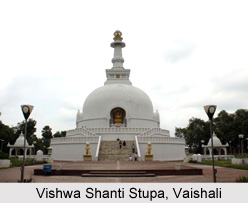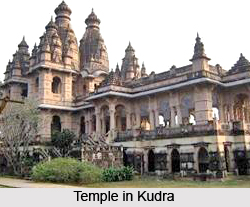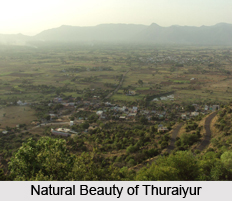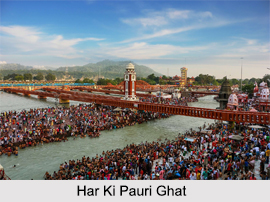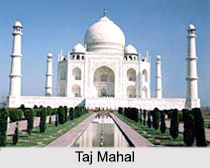 The history of Agra testifies the glorious past of the heritage city of modern India. Today, millions visit Agra round the year who love to know about the spell bounding history of the city. The history of Agra precisely says the city to be one of the most popular tourist destinations for her priceless monuments and heritage buildings. The present location of Agra is within about 200 kilometers from New Delhi, the capital city of India. History of Agra is quite fascinating; the rich culture, tradition and religious aspects of the city make it a very interesting place to know about.
The history of Agra testifies the glorious past of the heritage city of modern India. Today, millions visit Agra round the year who love to know about the spell bounding history of the city. The history of Agra precisely says the city to be one of the most popular tourist destinations for her priceless monuments and heritage buildings. The present location of Agra is within about 200 kilometers from New Delhi, the capital city of India. History of Agra is quite fascinating; the rich culture, tradition and religious aspects of the city make it a very interesting place to know about.
Foundation of Agra
There was an early reference to an "Agrevana" in the ancient Sanskrit epic Mahabharata, and Ptolemy is said to have called the site "Agra". But predominantly, Sultan Sikandar Lodi, the Muslim ruler of the Delhi Sultanate is considered to have found Agra in the year 1504. After his death, the city passed on to his son, Sultan Ibrahim Lodi. He ruled his Sultanate from Agra until he was defeated by Mughal Badshah Babar in the First Battle of Panipat in the year 1526.
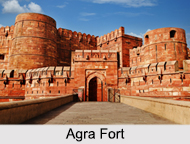 Mughal Era in Agra
Mughal Era in Agra
The golden period of Agra began with the Mughal Empire. It was known then as Akbarabad and remained the capital of the Mughal Empire under the Mughal emperors - Akbar, Jahangir and Shah Jahan. Akbar made Agra the eponymous seat of one of his original 12 subahs (imperial top-level provinces), by bordering Delhi, Awadh (Oudh), Allahabad, Malwa and Ajmer subahs. Shah Jahan later shifted his capital to Shahjahanabad (Old Delhi) in the year 1648. But his son Aurangzeb moved the capital back to Akbarabad or Agra, usurping and imprisoning his father in the Fort. Akbarabad/ Agra remained the capital of India during the rule of Aurangzeb until he shifted it to Aurangabad in the Deccan in 1653. After the decline of the Mughal Empire, Agra came under the influence of Marathas and was called Agra, before falling into the hands of the British Raj in 1803.
Historical Structures in Agra
Babar laid out the first formal Persian garden on the banks of river Yamuna. The garden is called the "Aram Bagh" or the Garden of Relaxation. His grandson Akbar raised the towering ramparts of the Agra Fort; he also made the city a centre of learning arts, commerce and religion. Akbar also built a new city on the outskirts of Akbarabad called Fatehpur Sikri. This city was built in the form of a Mughal military camp in stone. Shah Jahan, who was known for his keen interest in architecture, gave Akbarabad, present day Agra, the most prized monument, the Taj Mahal. Built in loving memory of his wife Mumtaz, the mausoleum was completed in 1653. Taj Mahal, Fatehpur Sikri and Agra Fort are the three UNESCO World Heritage sites of this city.
